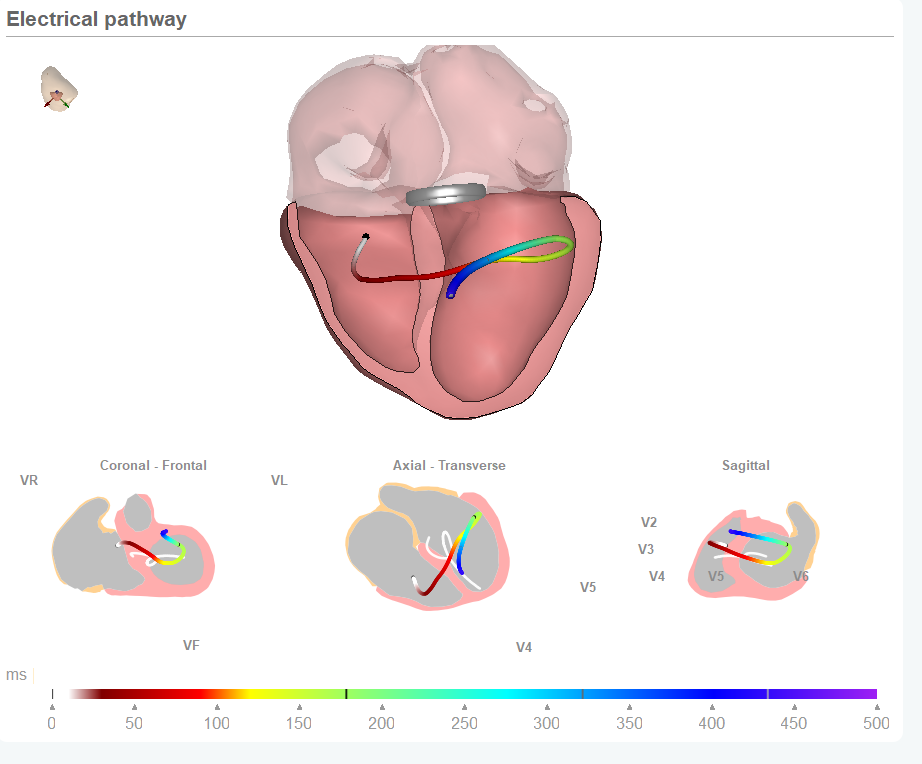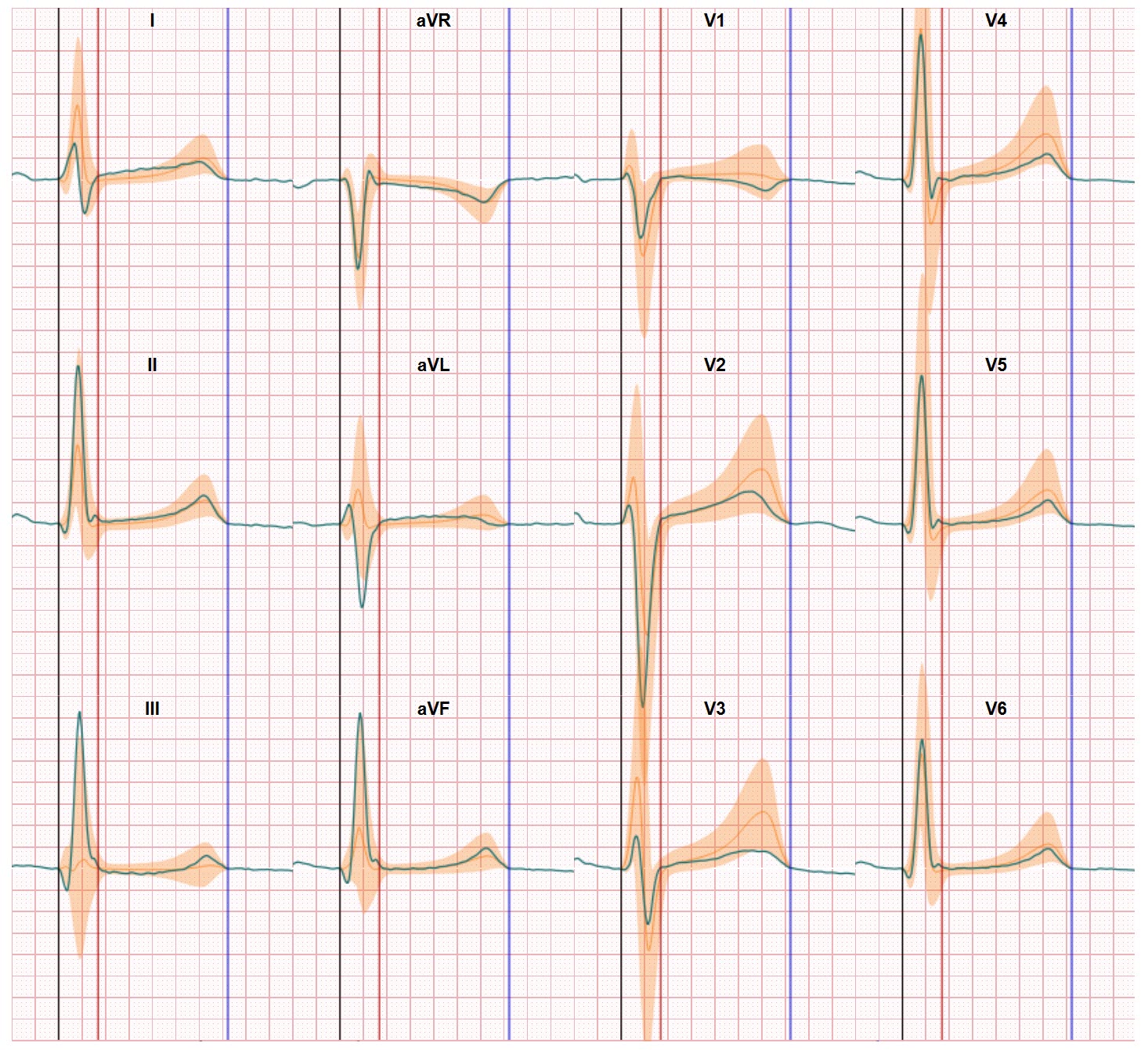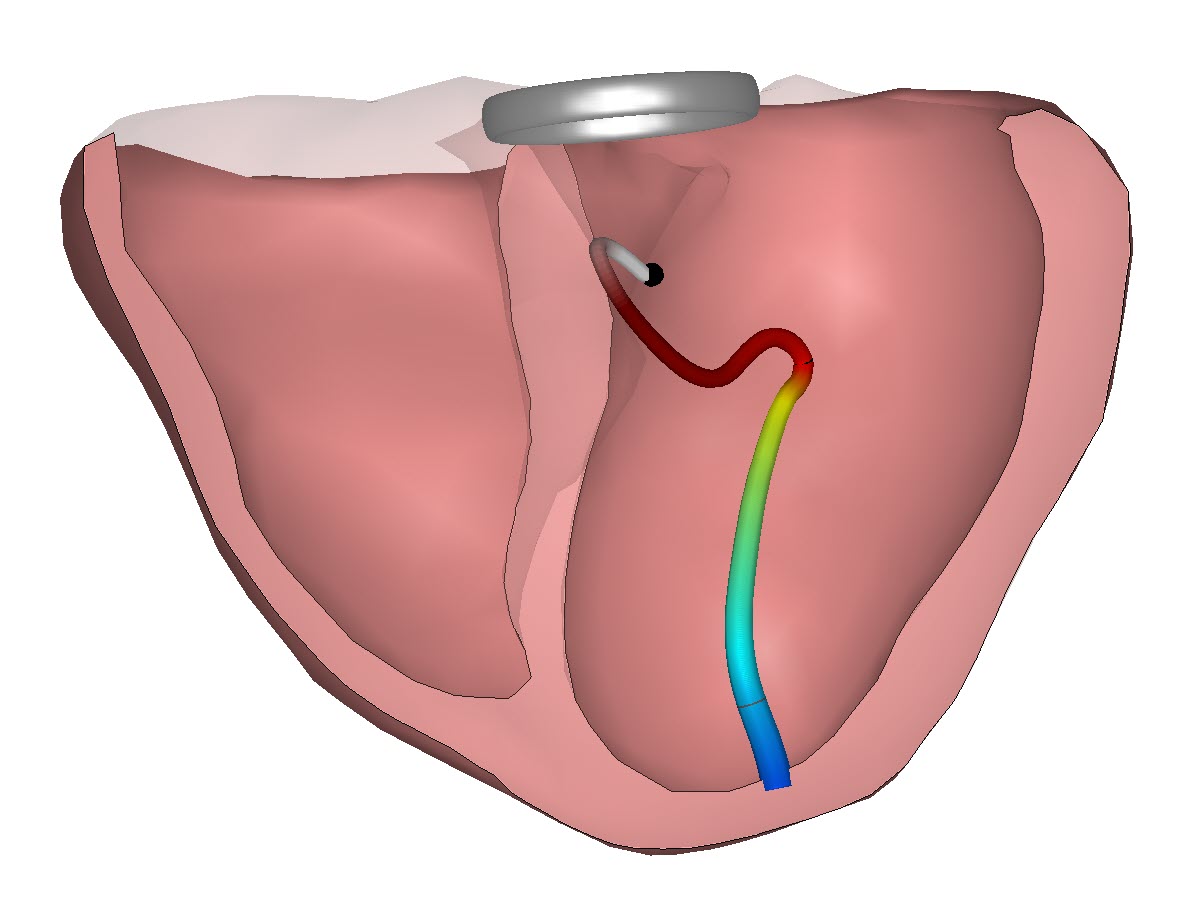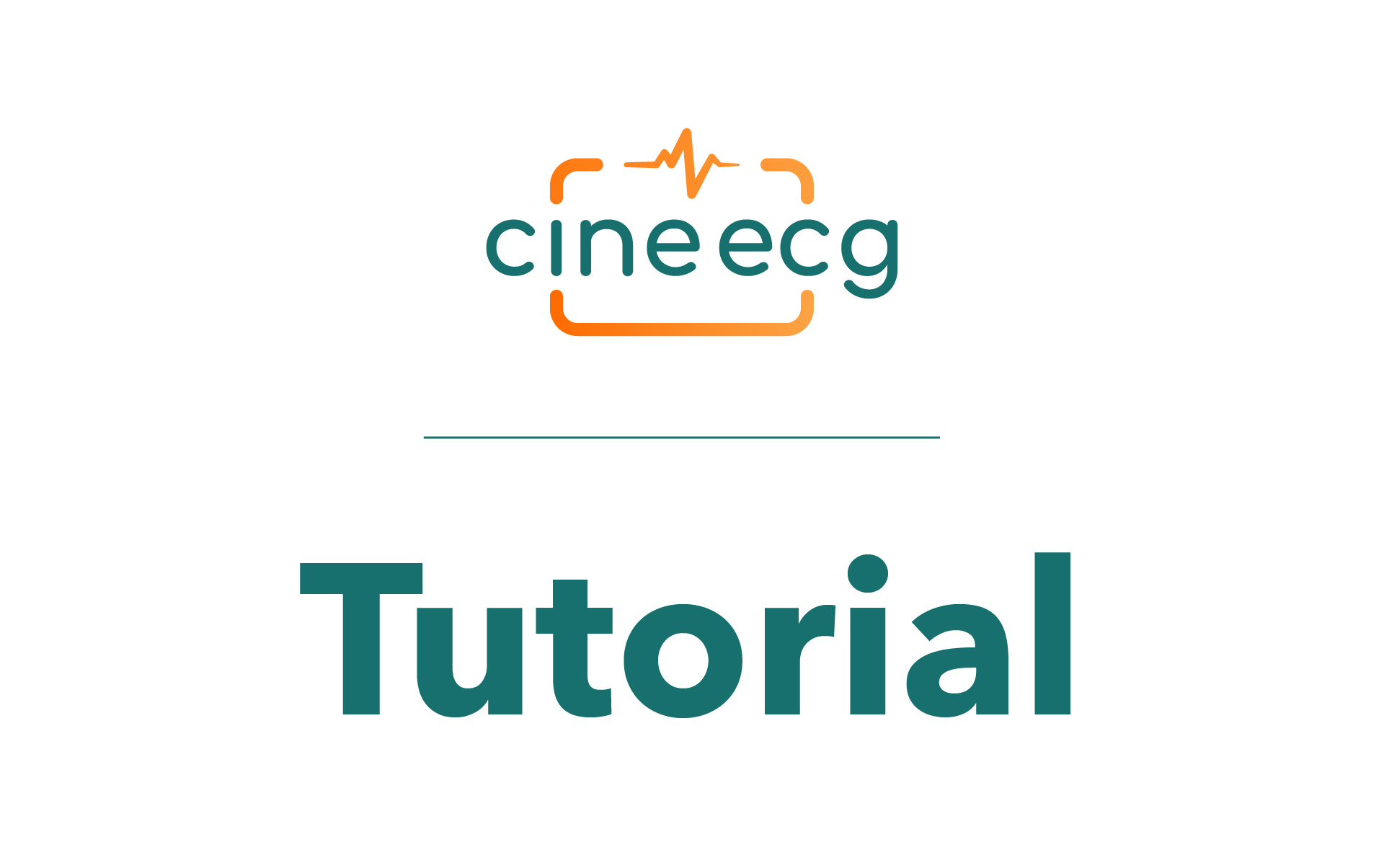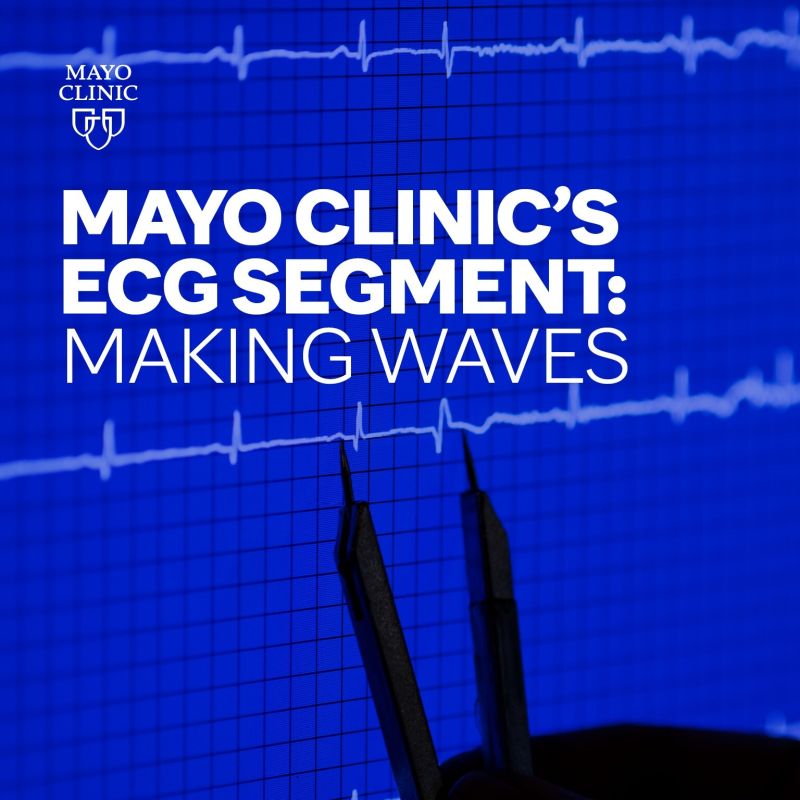Easy and better ECG interpretation may help to deliver significant improvements in first line diagnostics of pain in chest situations. In the Netherlands we are eagerly awaiting the next version of a report regarding first line diagnostics for people with chest pains. The first version of a study conducted in 2017 showed a huge potential for improving the diagnostic process. You can find this report (only in Dutch) here: Link to report
The study which involved all relevant key players in the Dutch cardiac health scene shows that for these potential patients 48% of ultrasound recordings are possible made un needed, and 61% of ECG stress tests (Recording an ECG while riding a bicycle) may be not needed; 38% of lung X-rays taken may be without value and a 31% of images of the coronary arteries idem.
Missing fast accurate ECG interpretation impacts patient journey
From a patients perspective just going to your GP or ER department with a pain in the chest complaint thus often results in a process with multiple tests, diagnostic procedures and a long period of anxiety and not knowing what is happening.
Let alone the bulk of un needed healthcare costs which actually exceed the first line triage since we know lots of patients will be forwarded to the cardiologists to repeat the diagnostic process.
Easy and better ECG interpretation can reduce healthcare costs
First line triage of pain in chest situations normally start with recording a 12 lead ECG. And apparently the information derived from the ECG does not provide enough information to make initial conclusions for physicians. Which is actually not an unexpected phenomenon since the internet and bookstores are flooded with ECG interpretation support training materials. The art of ECG waveform interpretation is indeed still an art despite over a 100 years of progress in technologies. As a team involved every day in improving the ECG interpretation we know there’s much more to see in the ECG. And this may be a way forward to reduce the dramatic numbers presented in the Dutch study. If you want to learn more on this do not hesitate to visit our website to watch the webinar

